13 Slow-Growing Plants You Should Never Start from Seeds
Growing your own garden from seeds can be a rewarding experience, but some plants are better purchased as established plants. If you crave instant gratification and want to see your garden flourish quickly, certain seeds may not be the best choice. These plants can take a long time to germinate and grow, leaving you waiting far longer than you would like. For gardeners looking to see results fast, there are better options than starting from scratch with these varieties. We will explore plants that you should never grow from seeds if you want to enjoy a quick and vibrant garden.
This post may contain affiliate links, which helps keep this content free. Please read our disclosure for more info.
Celery
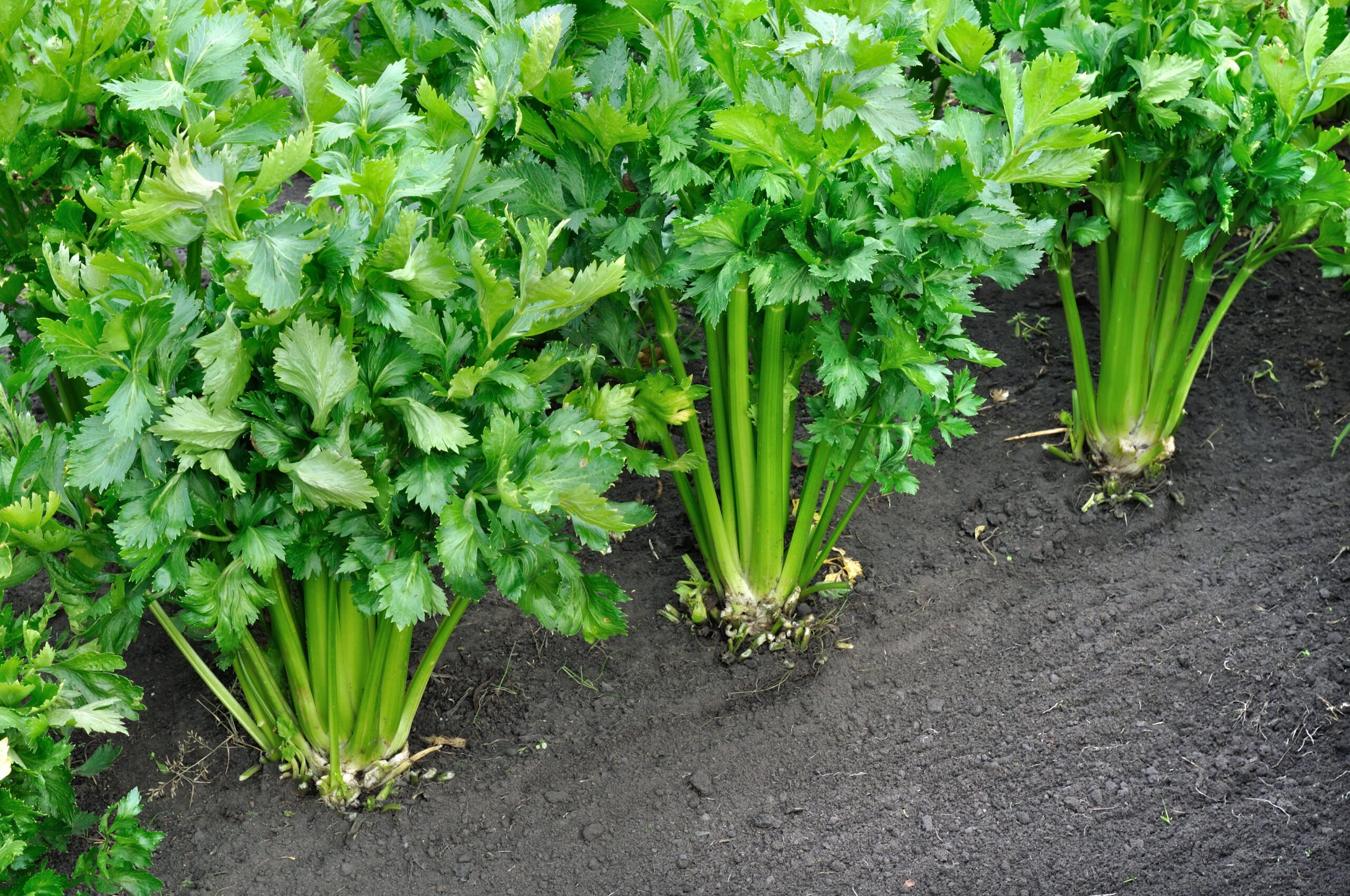
Celery is a slow-growing plant that requires a lot of patience. Starting it from seed can take months before you see any meaningful growth, which can be frustrating for those seeking fast results. It has a long germination period, often taking 2 to 3 weeks, and then it grows very slowly. For a quicker harvest, it is better to buy established plants or young seedlings from a nursery.
Additionally, celery requires consistent moisture and cooler temperatures to thrive, which can make it a bit tricky for new gardeners. Starting it from seed means you must carefully control the growing environment to prevent the plants from stunting. If you are eager to enjoy fresh celery without the long wait, opt for seedlings that are already a few inches tall. This allows you to get a jumpstart and enjoy your harvest sooner.
Artichokes
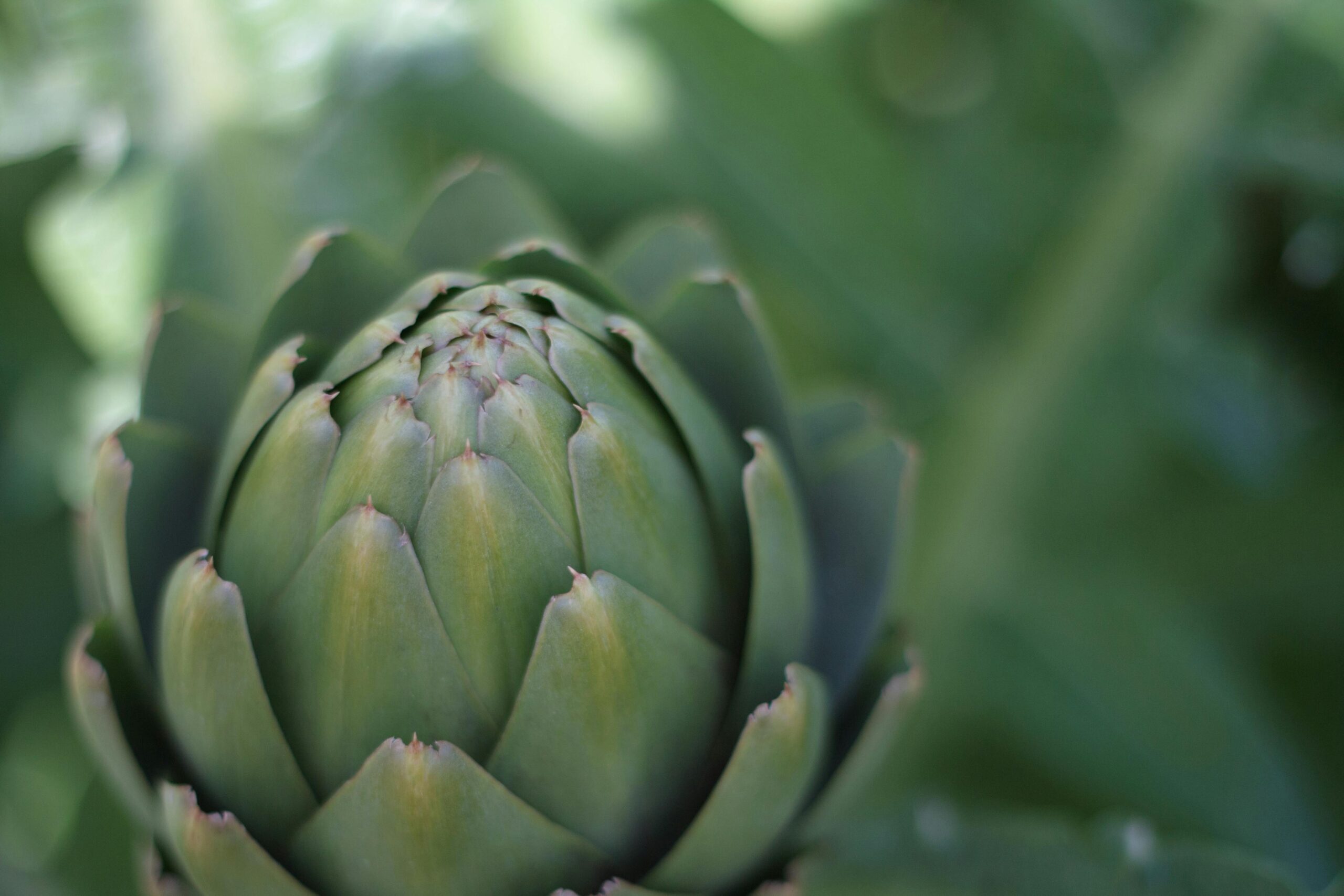
Artichokes are another plant that benefits from being grown as established plants rather than from seed. Growing them from seed can take a long time, and they may require more than a full season before producing any edible buds. The germination period is long, and even once they have sprouted, artichokes tend to grow slowly. You may wait for months before seeing any real progress, making it a poor choice for those looking for immediate results.
Another reason artichokes are better bought as plants is that they often do not produce a crop the first year. They typically need a second year of growth to yield harvestable buds. For gardeners eager to enjoy fresh artichokes quickly, purchasing established plants ensures a faster path to harvest. These plants are also more reliable and less likely to stall in their growth.
Cabbage
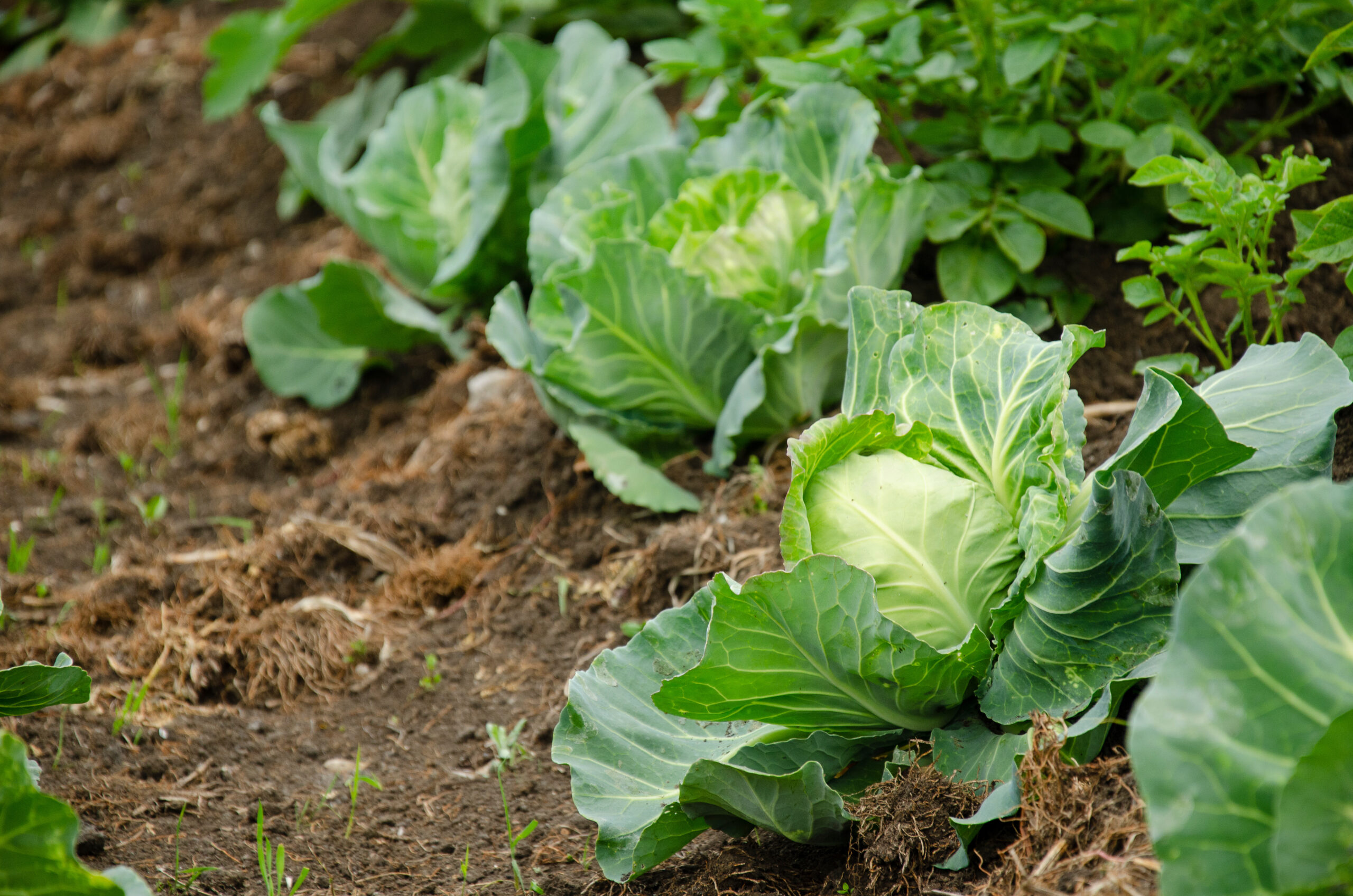
Cabbage may seem like a quick-growing vegetable, but growing it from seed can be quite slow. It often takes 5 to 10 days for cabbage seeds to germinate, and once they do, they grow at a steady but slow pace. To get a full, head-shaped cabbage, you can wait several months, making it less ideal for those seeking a quick garden. Starting from transplants, however, allows you to skip the slow early stages and have fully established plants ready to grow faster.
In addition, cabbage plants are quite sensitive to temperature and weather conditions. Seeds need a lot of care to ensure they grow successfully, and they may take longer to mature if there are any disruptions in their environment. If you are looking to enjoy cabbage sooner, purchasing seedlings from a nursery will get you closer to the harvest much faster. This method avoids the lengthy waiting period typical with starting cabbage from seed.
Peppers
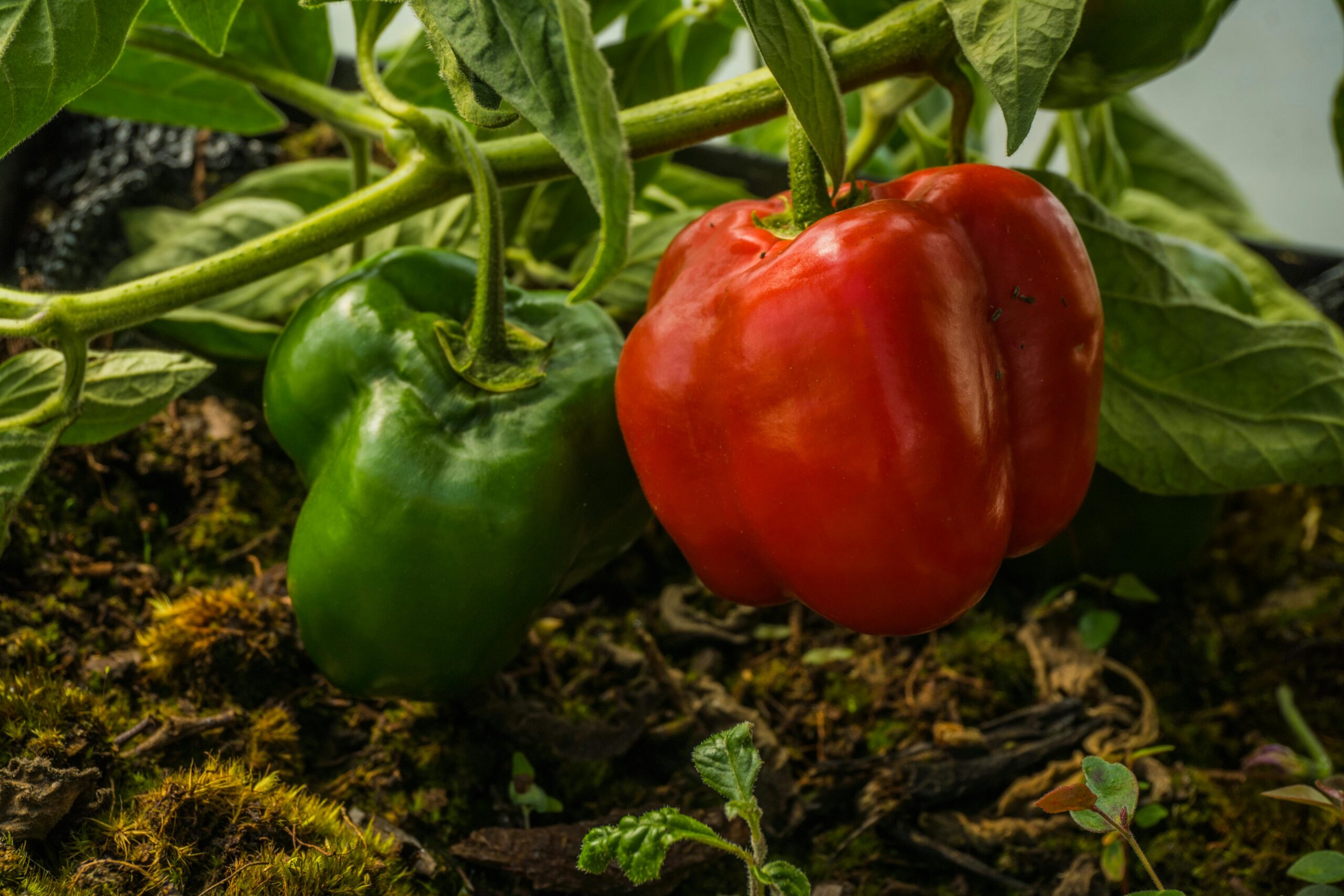
Peppers, especially hot peppers, can be a real challenge when started from seed. They need a warm growing environment to germinate, and even after sprouting, they tend to grow slowly. You will likely need to wait for several months before seeing any peppers form on the plants. If you crave a quicker harvest, it is better to purchase young pepper plants, which will already have a head start on their growth.
Additionally, peppers require a long growing season to fully mature, especially varieties like bell peppers and hot peppers. Growing them from seed can delay your harvest significantly, and you may end up waiting too long for the fruits to ripen. If time is of the essence, you can save yourself a lot of waiting by going with established plants that will bear fruit much quicker. This approach gives you a faster and more reliable result.
Lavender
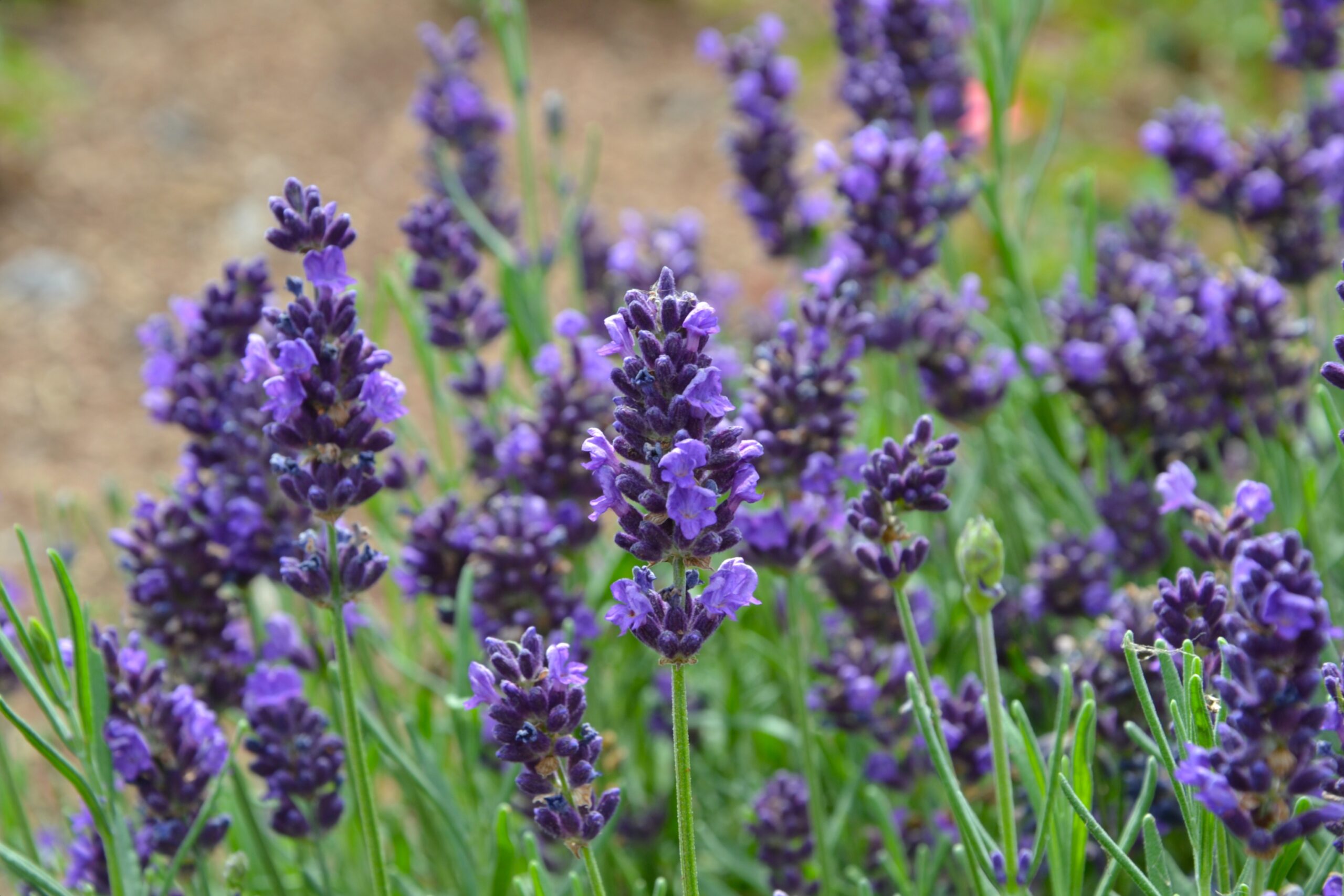
Lavender is a slow-growing herb, especially when started from seed. It can take several months to establish itself, and even longer to reach a size where it starts producing flowers. For those who want to enjoy lavender’s soothing scent and beautiful flowers sooner, it is better to purchase young plants that are already well-established. Starting from seed means you are in for a long wait, as lavender requires patience and ideal growing conditions to thrive.
Furthermore, lavender is sensitive to changes in temperature and soil conditions, making it harder to grow from seed. The germination rate can be low, and it may require more care than other plants. If you are looking to add lavender to your garden quickly, skip the seeds and opt for plants that are already a few inches tall. This allows you to enjoy the fragrance and beauty of lavender much sooner.
Broccoli
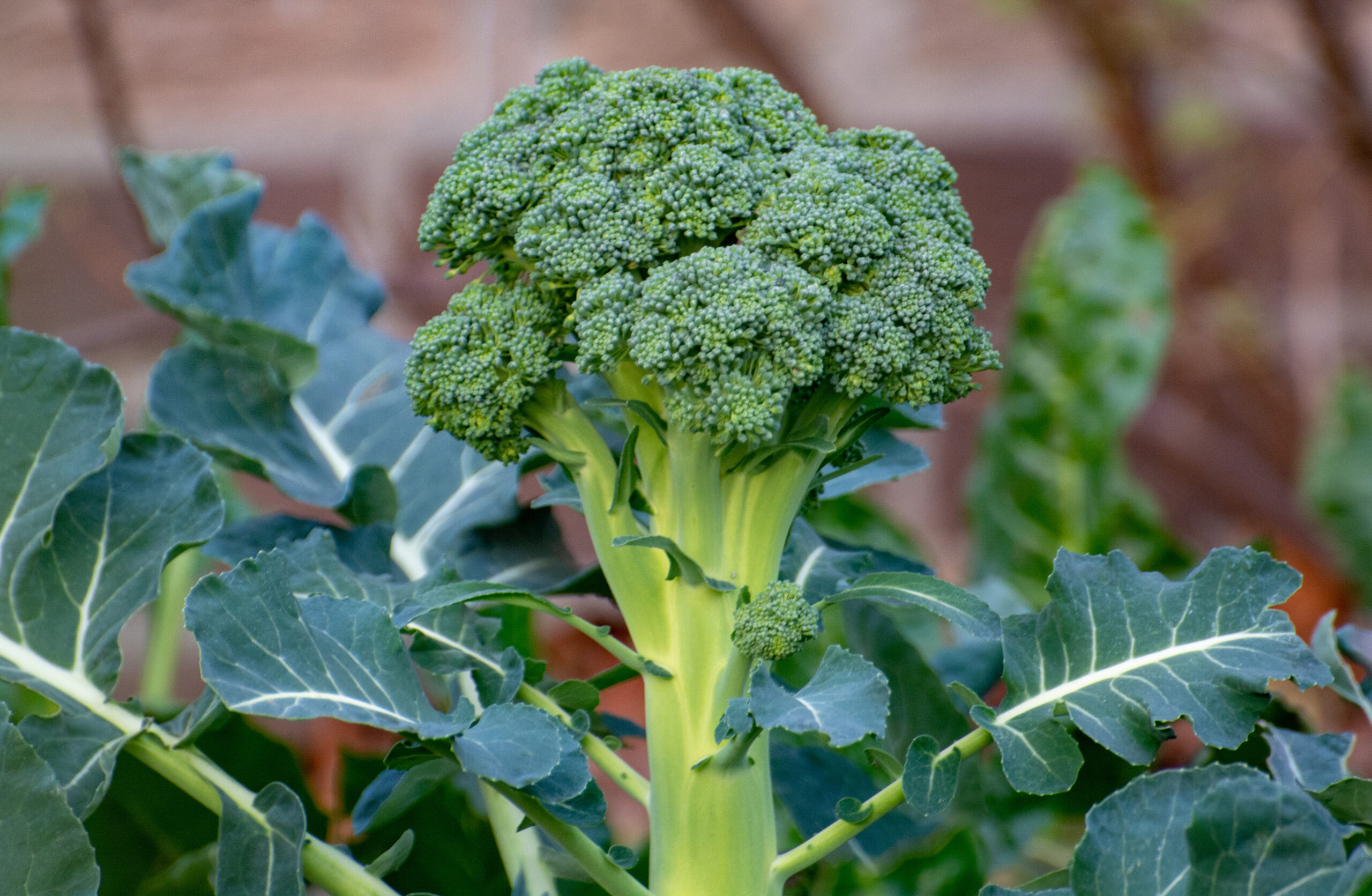
Broccoli is another vegetable that can be a slow starter when grown from seed. While it does not take as long as some other plants, it still requires patience and a good deal of care to grow from seed. Germination can take about 7 to 10 days, and then the plants need consistent attention before producing the mature heads that gardeners seek. A quicker option would be to buy established broccoli plants from a nursery, which will allow you to skip the slower seed-starting process.
Additionally, broccoli has a relatively short growing season, but it is still not fast enough when grown from seed for gardeners in a hurry. You will likely need to wait 70 to 100 days for a full harvest, which can feel like an eternity if you are impatient. For quicker results, it is far more efficient to purchase already established plants and give them a head start in your garden.
Cauliflower
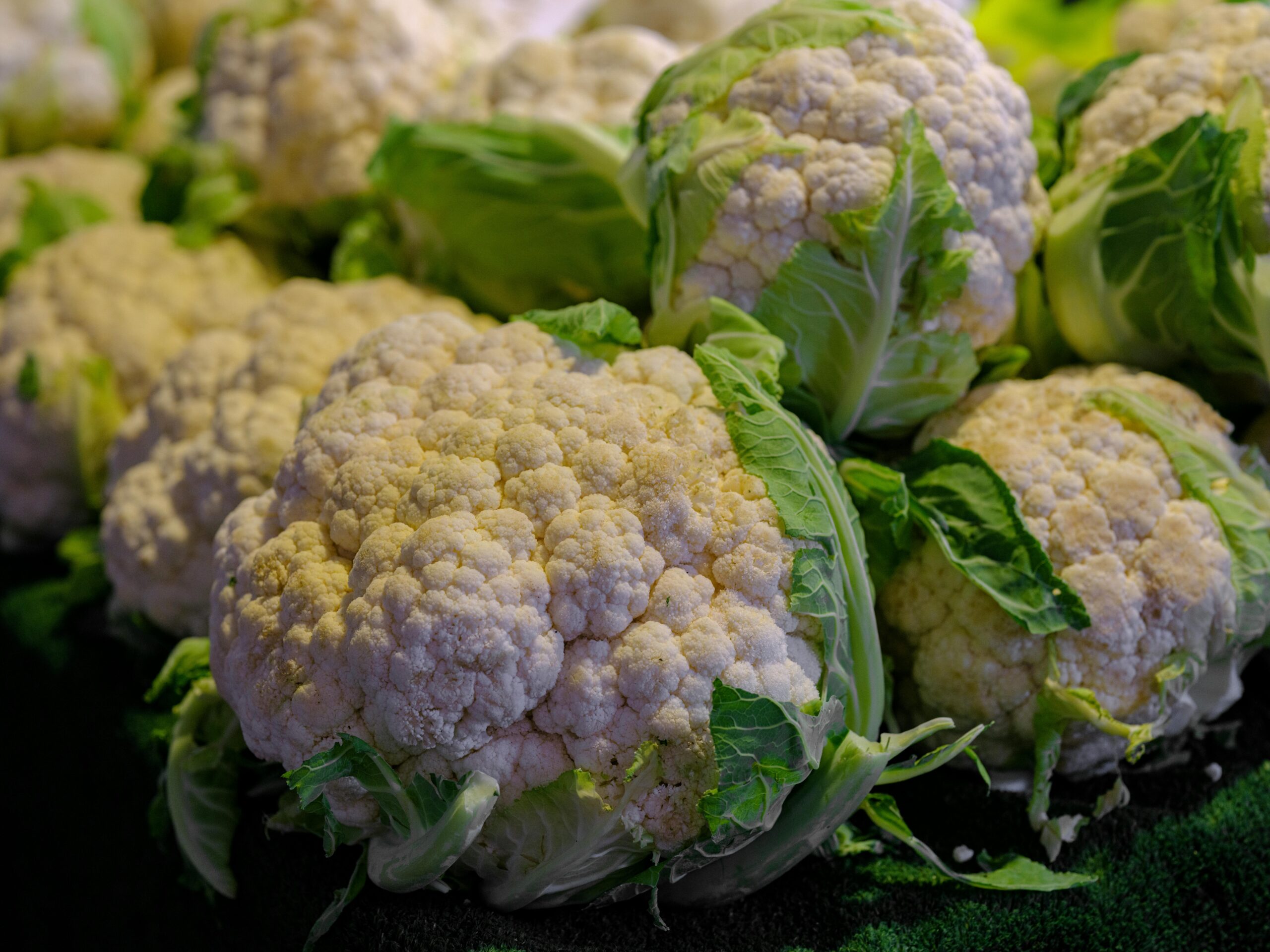
Cauliflower is another vegetable that can be slow and unpredictable when grown from seed. The seeds take a while to germinate and can be sensitive to environmental conditions like temperature and moisture. Even after they germinate, cauliflower plants tend to grow slowly, making it a poor option for anyone looking for a fast garden payoff. If you want to enjoy cauliflower sooner, buying seedlings will save you the lengthy waiting period required for seeds to grow and mature.
Cauliflower is also picky about its growing conditions and needs a consistent, cool environment to thrive. When grown from seed, this can be difficult to maintain, which means the plants might not reach maturity quickly. Instead, established cauliflower plants can give you a much better chance of success and a faster harvest. If you crave a quicker payoff, go for young plants that are already a few weeks ahead.
Onions
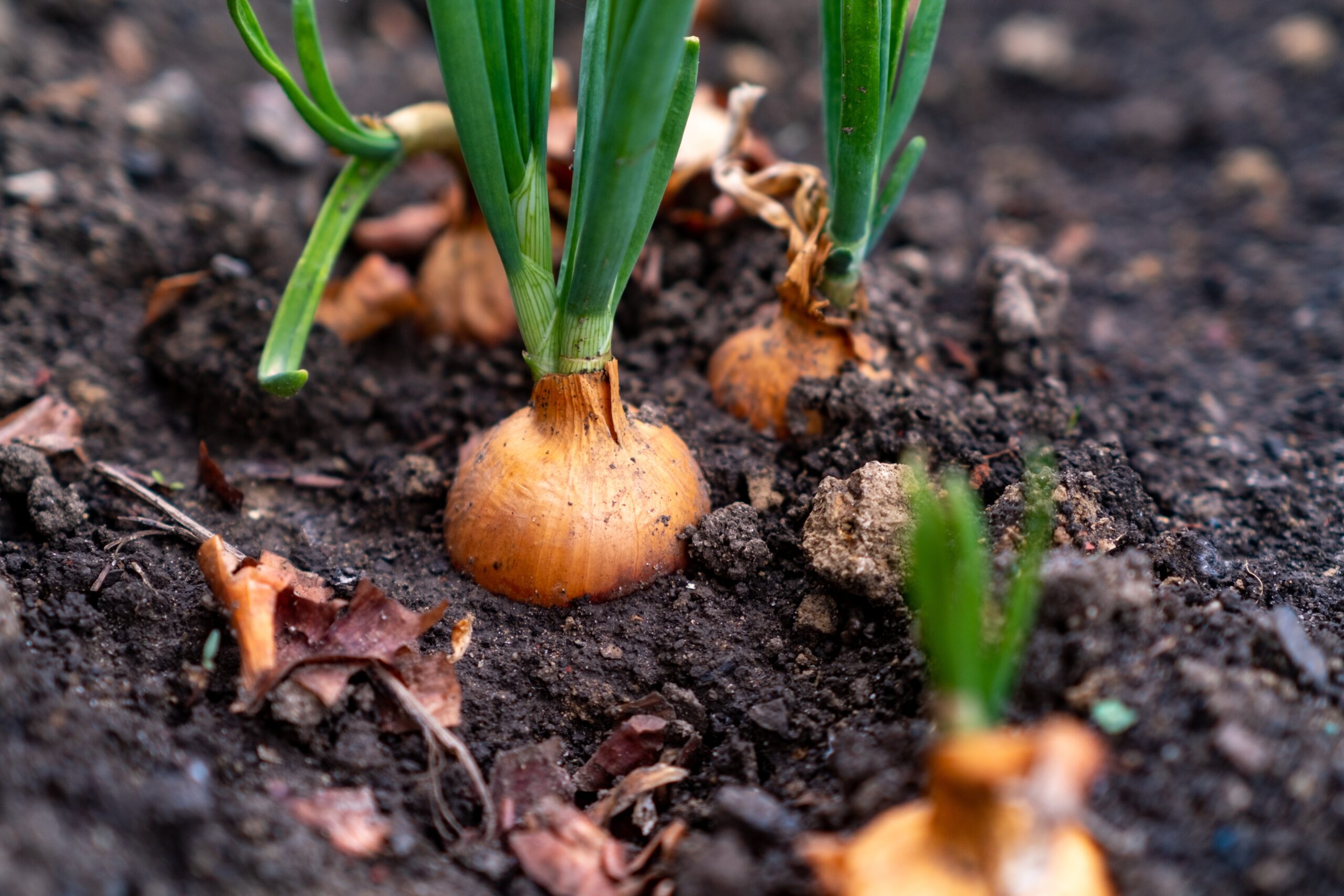
Onions are known for their long growing season, making them a poor candidate for seed-based gardening when instant gratification is desired. Onions take time to germinate, and it can take up to 5 months before they reach full maturity. Even with optimal growing conditions, it is a slow process to go from seed to bulb. To speed things up, it is best to buy onion sets or seedlings, which will significantly cut down the waiting period.
Furthermore, onions are quite sensitive to the amount of daylight they receive, which can complicate growing from seed. You must start them early in the season to give them enough time to mature, but this still means a long wait. For gardeners who are eager to harvest onions sooner, purchasing sets or seedlings ensures that you are starting with plants that are already well on their way to producing bulbs.
Tomatoes
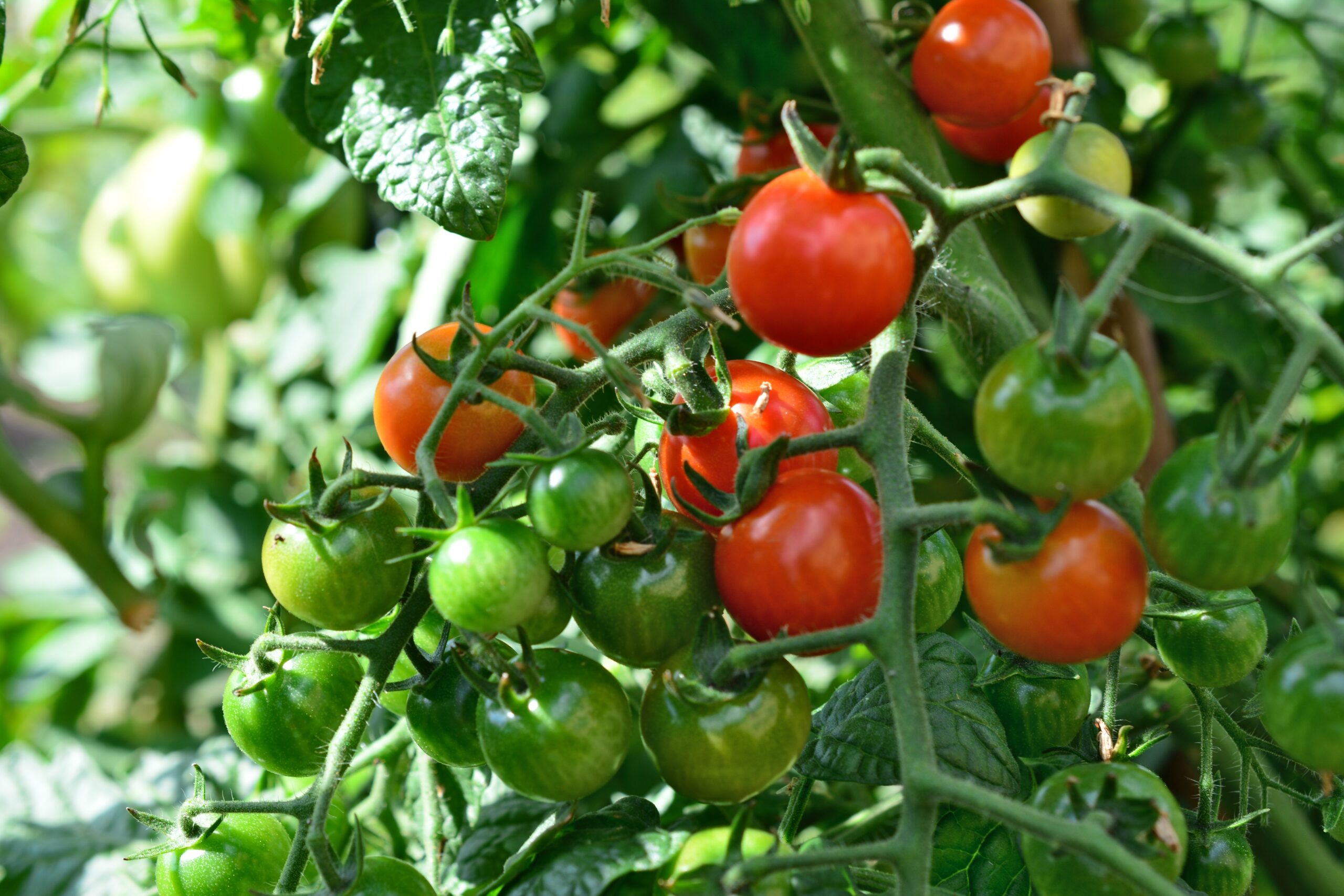
Tomatoes are often considered a quick-growing plant, but growing them from seed can be time-consuming. They need a long growing season, and you must start the seeds indoors long before the last frost date. Even then, it can take a few months for the plants to produce mature fruit. For faster results, buying young tomato plants gives you a head start and saves you the hassle of waiting for seeds to germinate and grow.
Tomatoes are also prone to pests and diseases, which can slow down their growth. Starting from seed means you are at a higher risk of dealing with these issues in the early stages. Established tomato plants, on the other hand, have already been hardened off and are more likely to thrive. If you are after a quicker harvest, buying seedlings from a nursery will ensure that your tomatoes mature faster.
Pumpkins
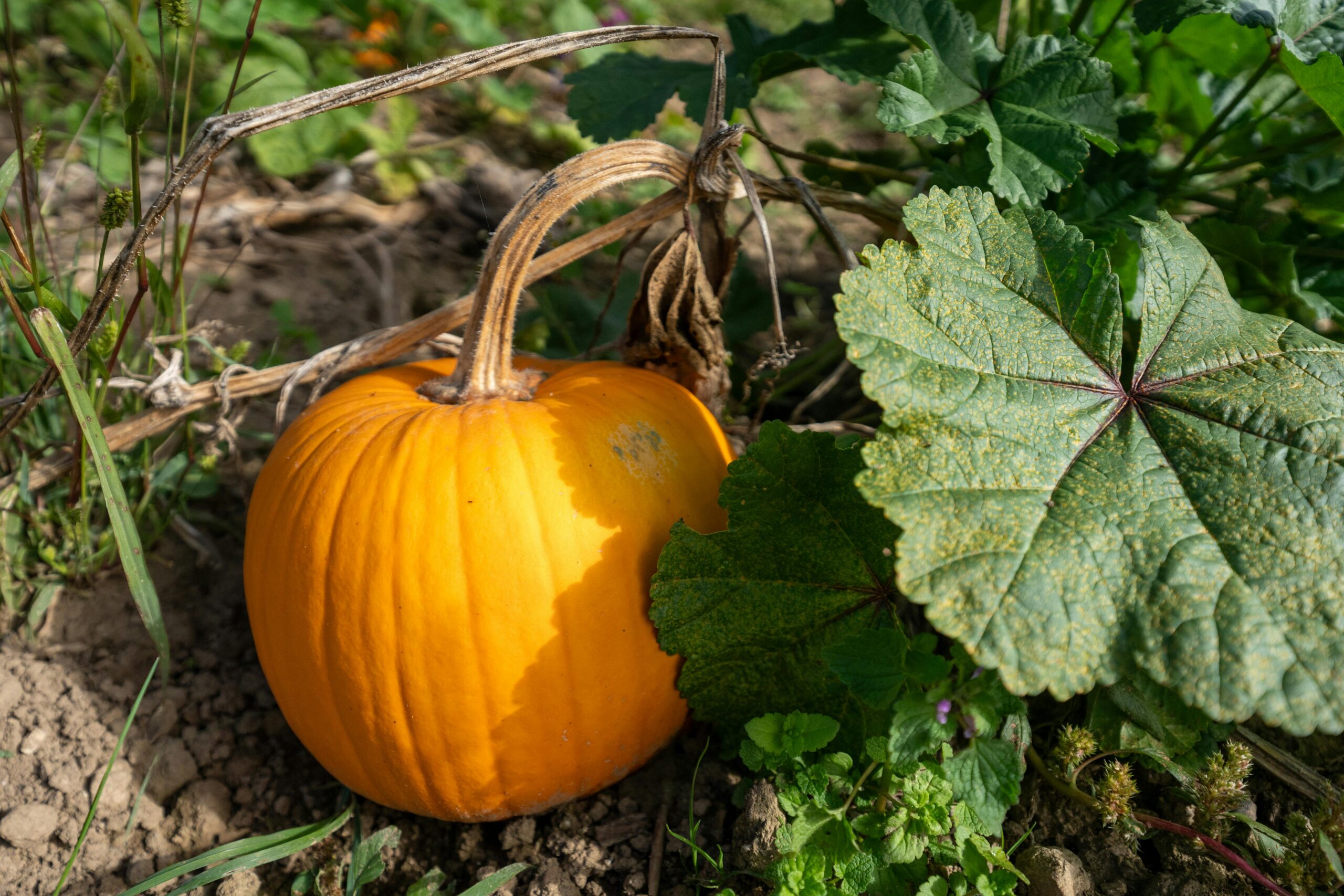
Pumpkins are large, slow-growing plants that require a lot of space and time. If you grow them from seed, you will likely have to wait several months before seeing any meaningful progress. Even though pumpkins are relatively easy to grow once they start, the germination period can be lengthy, and the plants can take up a lot of room in your garden. Purchasing young pumpkin plants will allow you to skip the long wait and get a head start on your harvest.
Additionally, pumpkins are sensitive to frost and need a warm growing season to produce their large fruits. Starting them from seed means you must wait for the right conditions, which can be frustrating for those eager for a fast-growing garden. Established pumpkin plants, however, will be more resilient to these conditions, and they will be ready to produce fruit much sooner.
Leeks
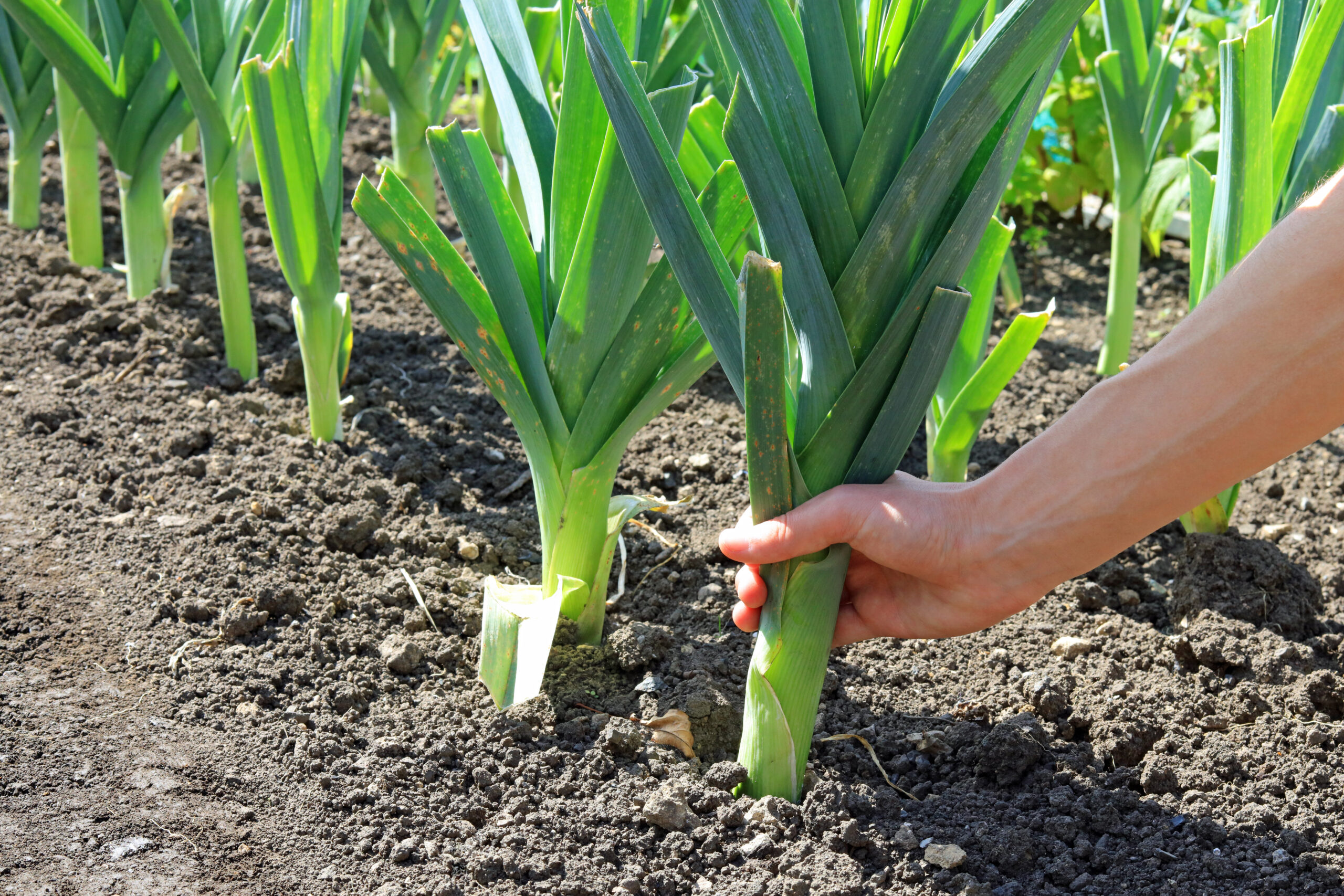
Leeks are another plant that is notoriously slow when grown from seed. The germination process can take several weeks, and once the seeds sprout, the plants grow very slowly. It can take months before leeks are large enough to harvest, which makes them unsuitable for gardeners looking for immediate results. For a quicker harvest, it is better to purchase young leek plants that are already established.
Furthermore, leeks require a long growing season and careful attention to grow properly. When started from seed, they need consistent moisture and cooler temperatures to thrive. Instead of going through the slow process of starting them from seed, you can buy transplants that will grow more quickly and yield results sooner.
Asparagus
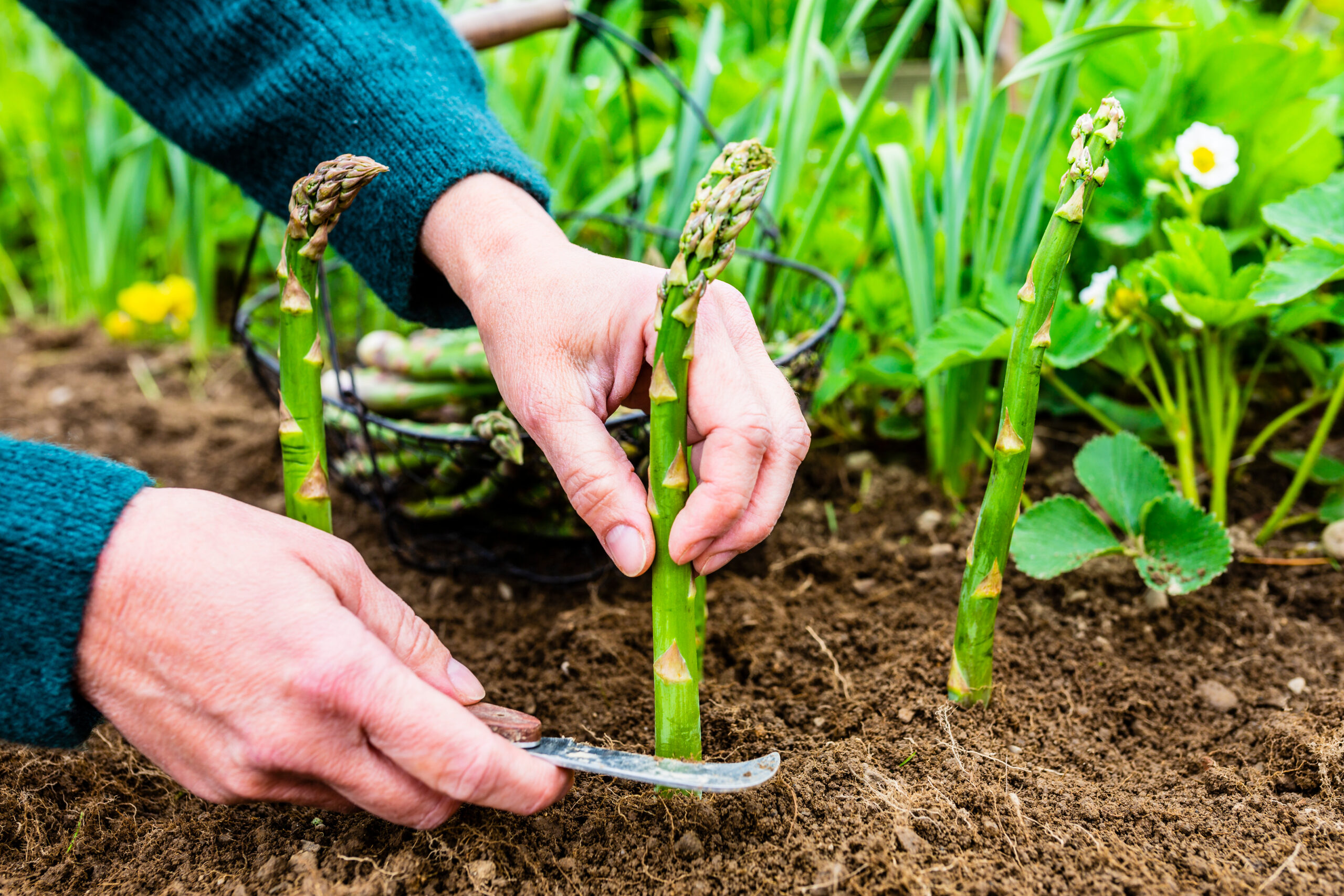
Asparagus is a perennial plant that takes a long time to establish. When grown from seed, it can take 2 to 3 years before you can harvest any spears. This makes it a poor choice for anyone looking to enjoy their garden quickly. For instant gratification, it is best to purchase one-year-old crowns, which are already partially established and ready to grow.
Asparagus requires careful attention during its first few years of growth. It needs to be established properly to produce high-quality spears, and growing it from seed means waiting for years before the plant reaches its full potential. Established crowns, however, will give you a much quicker and more reliable harvest. If you want to enjoy asparagus in a reasonable time frame, it is far better to start with crowns than seeds.
Rhubarb
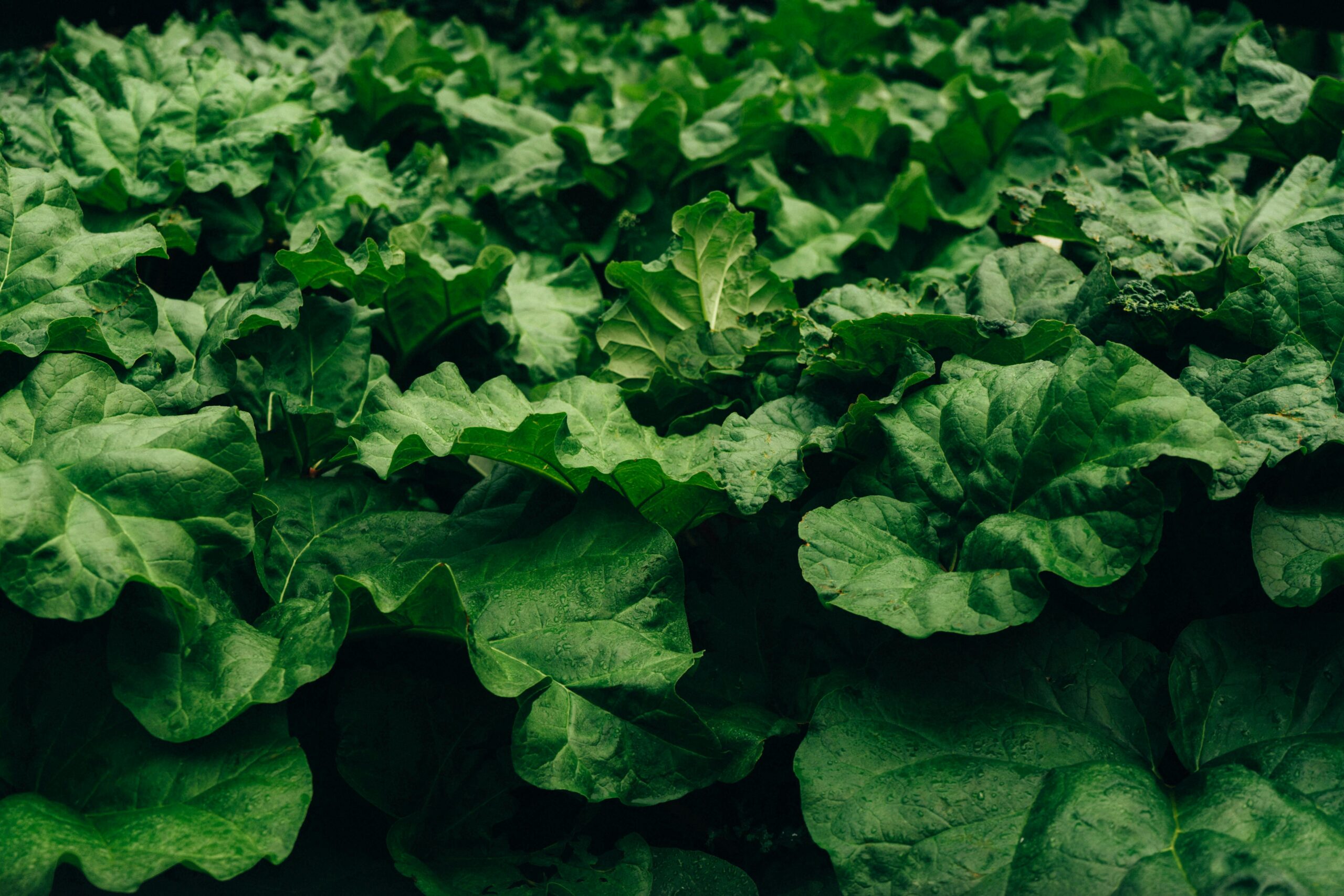
Rhubarb is a perennial that grows slowly from seed and takes several years to establish. Even though it can be grown from seed, it is often more practical to buy young plants or crowns to enjoy faster results. When started from seed, rhubarb takes about 2 years before you can harvest any stalks. For those who want to enjoy rhubarb in less time, purchasing crowns ensures a much quicker harvest.
Additionally, rhubarb requires a lot of care during its early growth stages. If grown from seed, it can take a while to build up the strength to produce stalks. Starting with established plants gives you a head start and allows you to enjoy rhubarb’s tart stalks sooner rather than later.
This article originally appeared on Avocadu.
